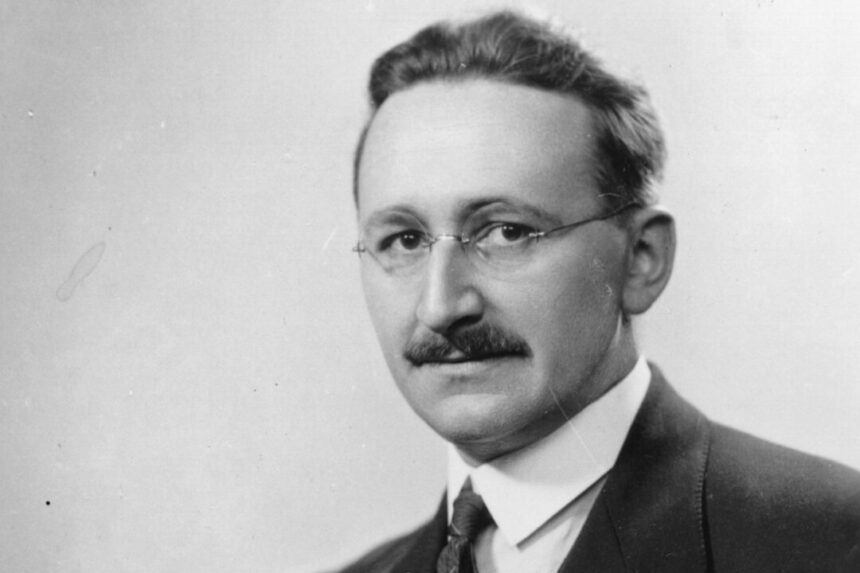The economic lessons taught by Hayek are just as applicable today as they were half a century ago. Hayek, along with Karl Gunnar Myrdal, received the Nobel prize in 1974 for their groundbreaking work in the theory of money and economic fluctuations. Hayek’s humility was evident in his Nobel address, where he even questioned the existence of a Nobel prize for economists due to the undue authority it confers.
Hayek’s work emphasized the limits of the intelligentsia to effectively plan and control society and the economy. He built on the foundation laid by his mentor, Ludwig von Mises, whose insights were crucial to understanding Hayek’s contributions.
One key aspect of Hayek’s work was his focus on how changes in capital goods during different stages of production impact the economy. He highlighted how government monetary policies can distort the structure of capital goods, leading to systemic failures if not accompanied by an increase in consumer savings.
Additionally, Hayek emphasized the importance of prices in conveying information about consumer preferences and scarcity. He pointed out how central economic planning is fundamentally flawed as it lacks the necessary information captured by prices.
Hayek’s arguments against central economic planning, as articulated in his work “The Use of Knowledge in Society,” still hold true today. He emphasized that the knowledge required for economic calculation is dispersed among individuals in society and cannot be effectively utilized by central planners.
Overall, Hayek’s teachings on humility, the limits of central planning, and the importance of prices in conveying information remain relevant in today’s economic landscape, especially as governments continue to expand their control over the market system. As the scope of political planning widens, the scope of planning for the average person narrows.
Let us take this anniversary as a reminder for both us and our political leaders that the economy is not a simple machine that can be easily manipulated. It is a complex system of human institutions without a single controlling entity. In the wise words of Hayek:
“To assume that all knowledge can be contained within one mind, as we do as economists, is to oversimplify and ignore the complexities of the real world.”
The opinions expressed in this article are those of the author and may not necessarily align with those of The Epoch Times.
Source link





